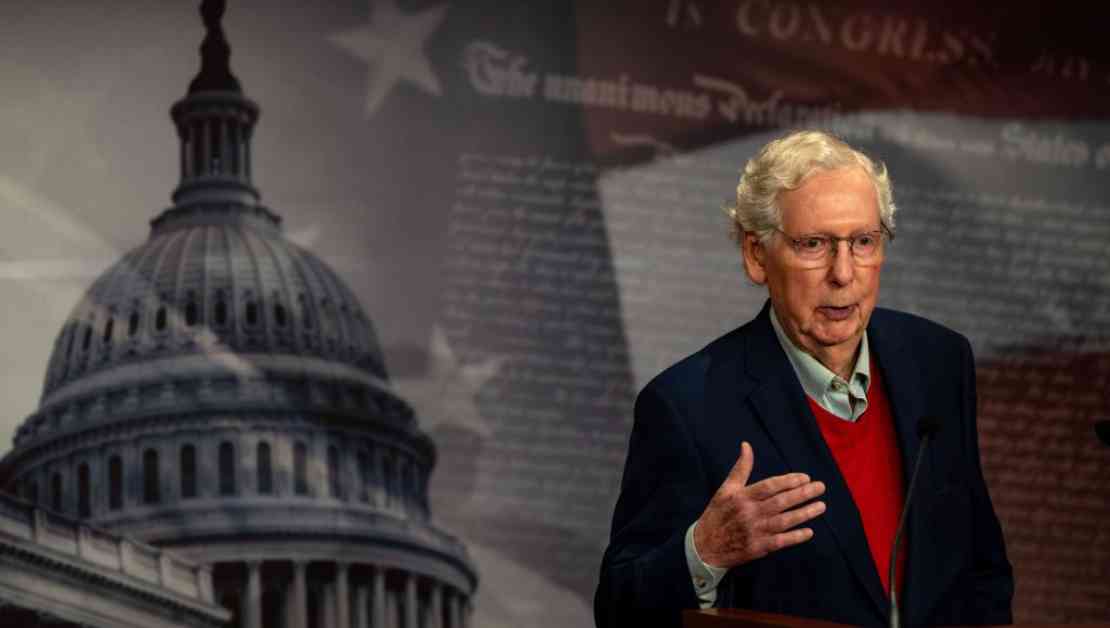President-elect Donald Trump has been appointing many Republican supporters to important government positions. This approach continued with the election for the next Senate GOP leader, with Trump emphasizing the need for quick action and loyalty.
After Mitch McConnell stepped down as Senate Minority Leader, Republican Senators John Thune of South Dakota, John Cornyn of Texas, and Rick Scott of Florida were all in the running for the leadership position. Trump made it clear that any Republican seeking the position must agree to recess appointments, a move that could change the balance of power by allowing temporary appointments without Senate confirmation.
In a closed-door vote, John Thune emerged as the new Senate GOP leader, likely providing political cover for Republicans wary of upsetting Trump’s loyal supporters. Thune emphasized the need for swift action to get the president’s nominees in place and start fulfilling their mandate, including the possibility of recess appointments.
In other news, Republicans have gained control of the House with exactly 218 seats, compared to the Democrats’ 208. Key wins in Arizona and a late boost from California sealed the victory, although results from nine House races are still pending, leaving the final majority size uncertain. This shift in power could have significant implications for the legislative agenda moving forward.
With the new Senate GOP leader in place and control of the House secured, Republicans are poised to make significant strides in advancing their priorities. The emphasis on quick action and loyalty to the president’s agenda sets the stage for a dynamic and potentially contentious legislative session ahead. Keep an eye on how these developments shape the political landscape and impact key policy decisions in the coming months.


